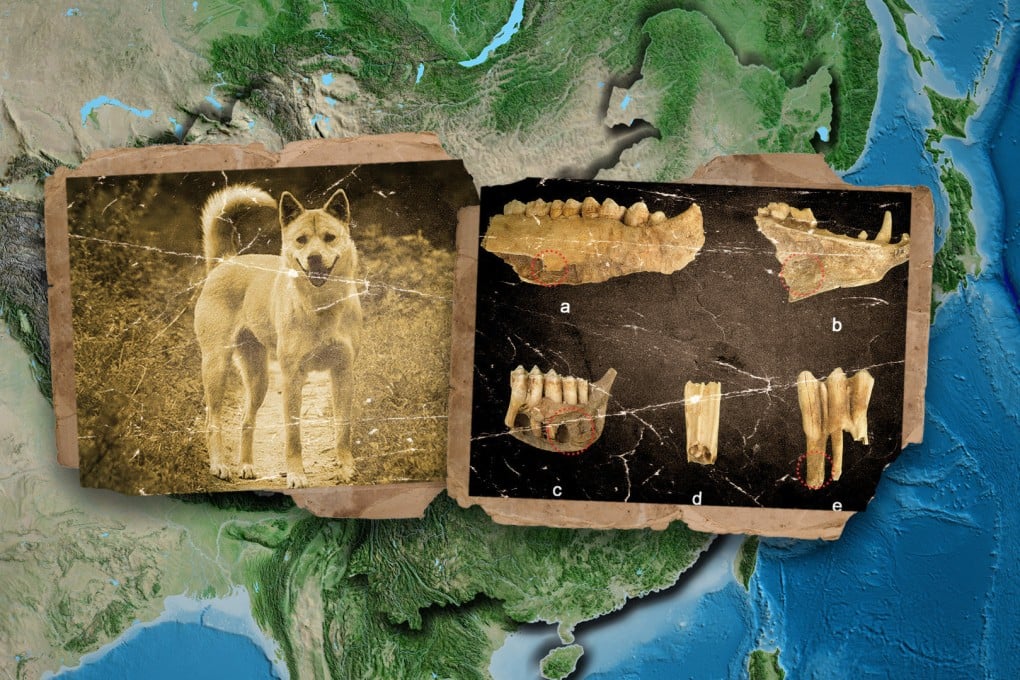Scientists find feeding domesticated dogs in ancient China human food may be a tradition as old as time
- New study reveals Chinese domesticated dogs likely ate grains cooked by humans
- They, along with pigs, were crucial parts of early Chinese settlements

Everyone knows dogs are man’s best friend, and animal domestication is one of the traits that separates humans from the rest of the animal kingdom.
Now, a new study published in the peer-reviewed journal Antiquity on April 1 offers strong evidence to support the idea that late-neolithic dogs were deeply connected to the diets of their human companions, specifically eating cooked grains likely scavenged or provided by residents.
“The current evidence suggests that dogs domesticated independently within China, and there are multiple origins of dog domestication in the world. The same scenario applies to pigs, which were independently domesticated in China and the Middle East,” said Jiajing Wang, a study author and assistant professor at the Department of Anthropology at Dartmouth College in the US.
The exact timeline of dog domestication in China is still being determined, but archaeological sites between 6,000 and 10,000 years ago exhibit evidence of having domesticated dogs.
By analysing dental fossils from the Longshan communities at the Kangjia Neolithic excavation site in the central plains, scientists were able to determine that dogs likely survived on grains in the form of cooked food scraps.
While the idea of a grain-based diet may be a surprise to our popular imagination of ancient dogs, genetic testing suggests that dogs may have adapted to eating grains as far back as 30,000 years ago.
